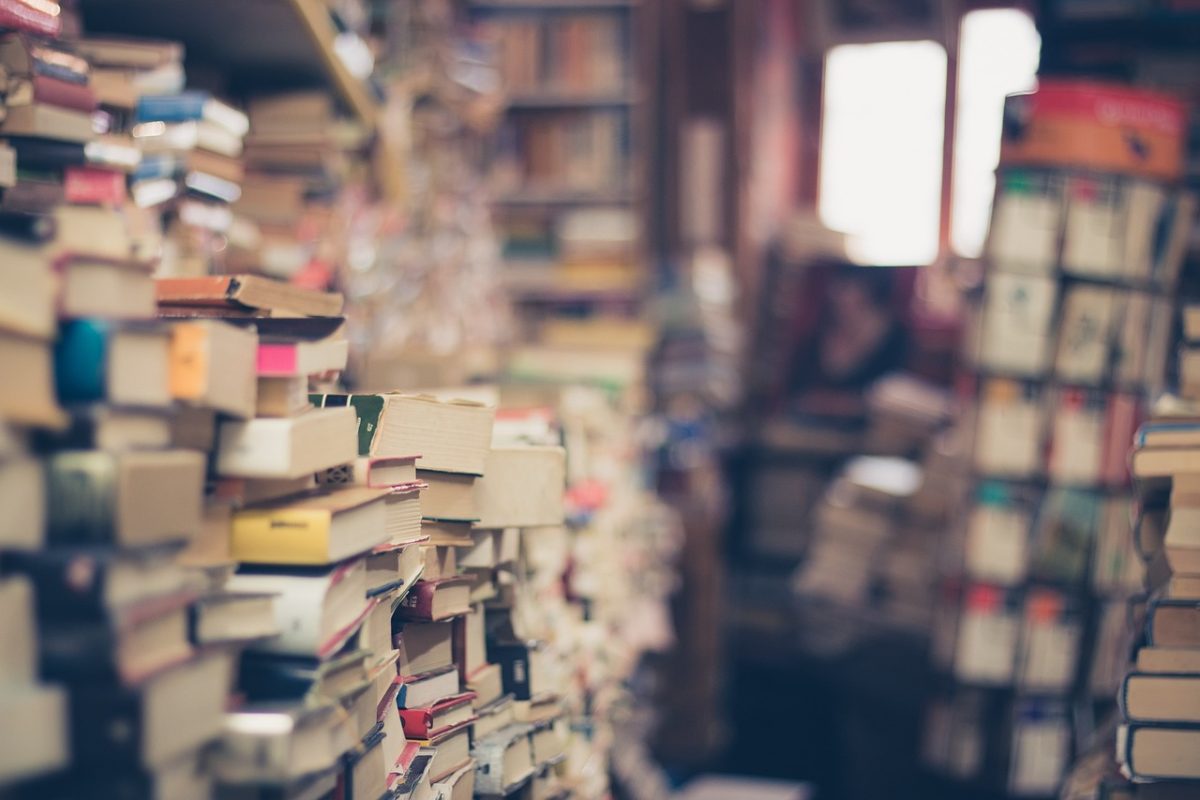Before I started my book account on Instagram and immersed myself more in the publishing aspect of books, I didn’t understand the difference between an indie book and a traditionally published book. I simply just read them.
However, it’s also ideal to understand the publishing world. By being able to distinguish indie authors from traditionally published authors, I have been able to determine the extent to which I will advertise or promote a book, make conscious decisions about where my money is going, and whether or not I should boycott buying books from Amazon.
This has been a hot debate in the book world and the majority consensus has been that, yes, one should not buy books from Amazon. However, indie authors get hurt by this boycott.
Indie books are considered to be books that are self-published by the author or published by an independent press. Traditionally published books are under a company–like Penguin Random House and Simon & Schuster–where the author is offered a contract and the company manages the process of publishing and distributing.
Many indie authors will utilize Amazon’s programs to publish their books. One of the most infamous is Kindle Unlimited. By boycotting this, these authors who have their books published will not get enough readers, royalties, etc.
“Ellipsis” Author Ellie Owen said, “Amazon is one of the only options Indie authors have, which is particularly true for non-American authors. Other services have restrictions that don’t allow people to use them to publish.”
She also said, “When people boycott Amazon, it is extremely harmful to indie authors who rely exclusively on it.”
The alternative to boycotting Amazon books is not buying “big-name” books on Amazon, and instead going to bookstores or buying the books from the author’s website directly. I classify these books as well-known because they are so hyped up on social media and in the book world–books by Ana Huang and Colleen Hoover. Checking under the publishing description to see whether or not a book is traditionally published or indie can assist with this.
Owen said, “The perks and struggles of being an indie author walk hand-in-hand. While I get to do everything the exact way I want it to be done, it also means I’m the one having to think about all of these things. The biggest struggle I have is with the inequality in opportunities, or even how most won’t give an upcoming indie author a chance.”
Owen brings up a point as to why one of my major priorities in running my book account is supporting small and indie authors. The more popular authors get enough help and promotion with their contracts, however, indie authors run the majority of their publishing on their own. With readers promoting their books, they get more traction online and can encourage others to support them; authors can continue to do what they love.
Another bonus in supporting indie authors is a more intimate relationship with them. Owen has become an incredible friend and that is because she makes more effort to engage with her readers.
Overall, it is highly important to not boycott Amazon books completely, as that only hurts small authors. Instead, there are alternatives, all of which will continue to support indie authors.

